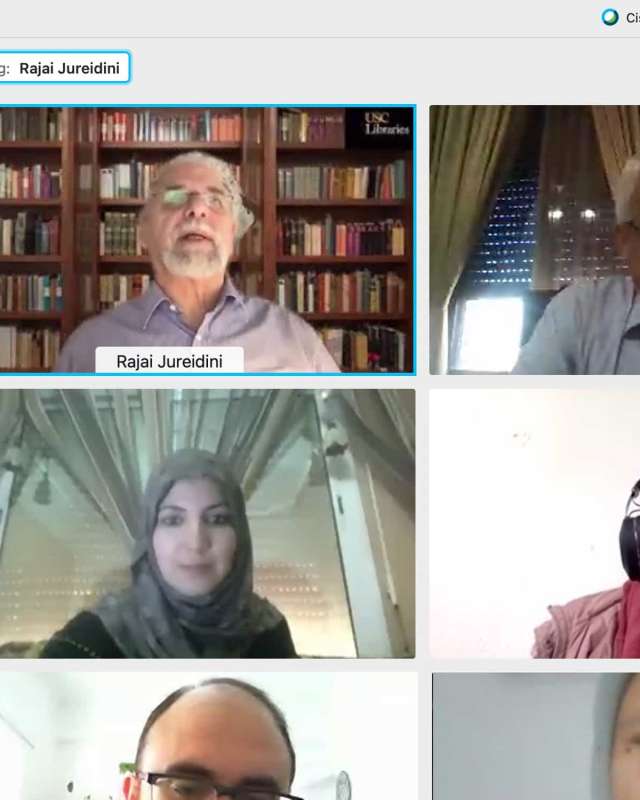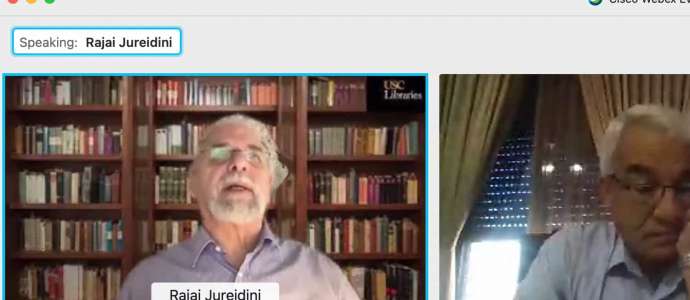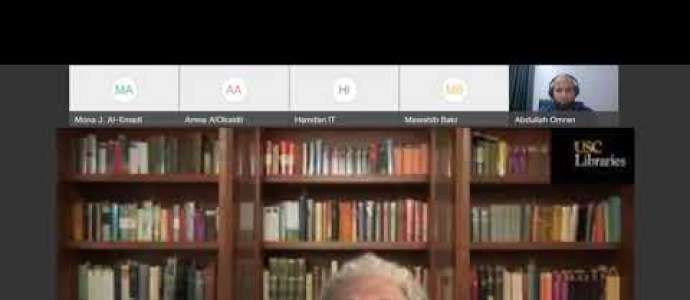
The primary Muslim preoccupation when it comes to food has been whether or not it is halal. We always fall back on the familiar rules, principles and prohibitions that have been handed down to us by Muslim scholars.
When it comes to meat, the focus has only been on the conditions necessary to make a specific meat halal, usually the technicalities of slaughtering the animal.
Yet, the issues are deeper and more complex than this. They involve examining how and what we eat, how our food is grown, the treatment of the animals throughout their life cycle (conception, growth and living conditions, as well as slaughter), and posing the necessary questions related to the industrialised procedures of agribusiness.
Muslims must reassess not only the established rules of what makes food halal but also the ethical dimension and the objectives specifically relating to the treatment and nurturing of the animals/food sources.
An applied ethics in this field must encompass the ethics of consumption in all its dimensions, and which is inseparable from economy and production. From asking about the origins of what we eat, the treatment of animals in life and at death, the cultivation and production processes to examining the treatment of workers, the Islamic ethics of food and consumption are far reaching.
There is an urgent need for specialists and scholars in this field who are already exploring these contemporary issues to engage scholars of the text/Shari’a. This will make it possible to grasp the complexity of the bigger picture and to formulate an ethical framework to tackle these challenges in a relevant way.


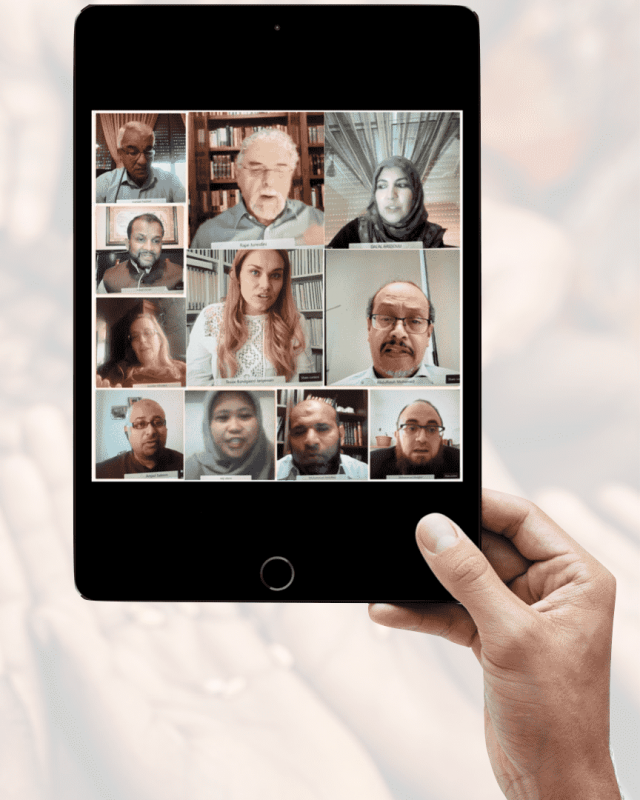
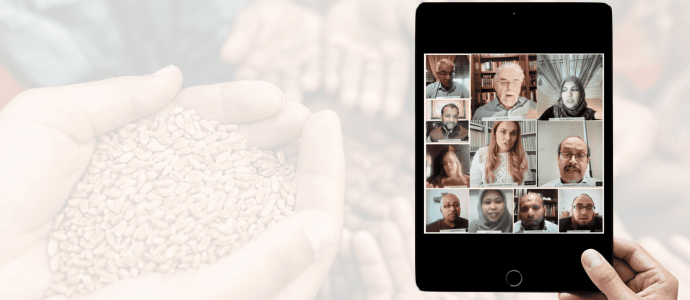
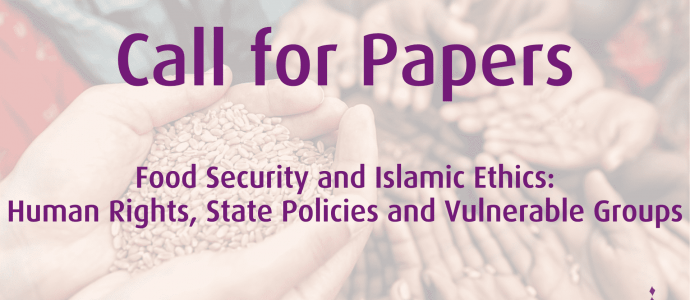
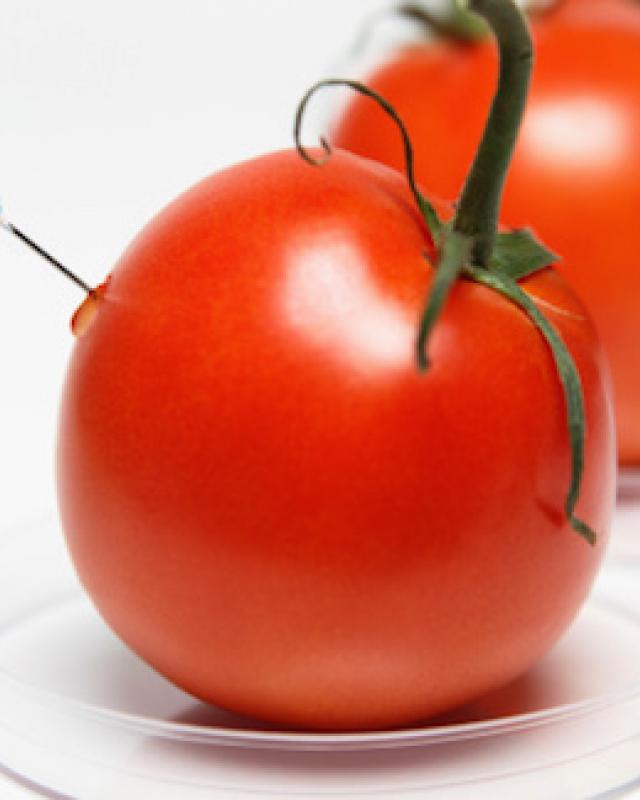
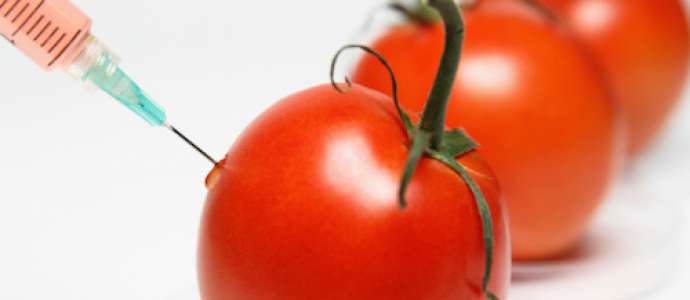
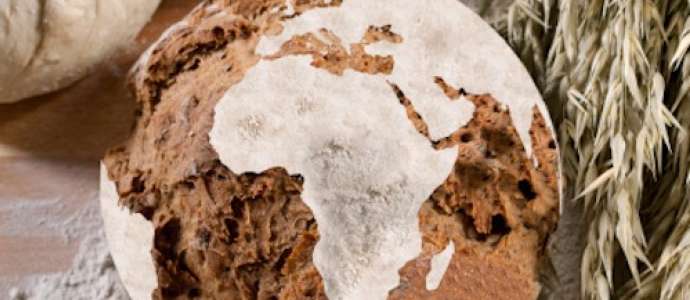
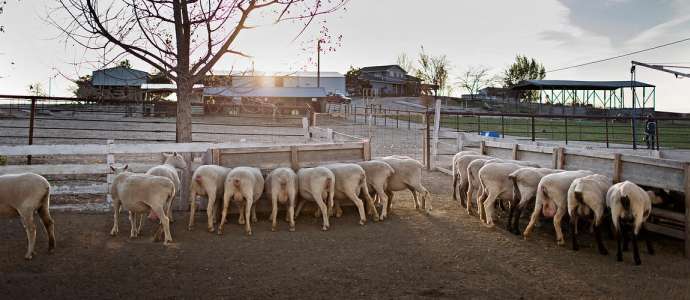
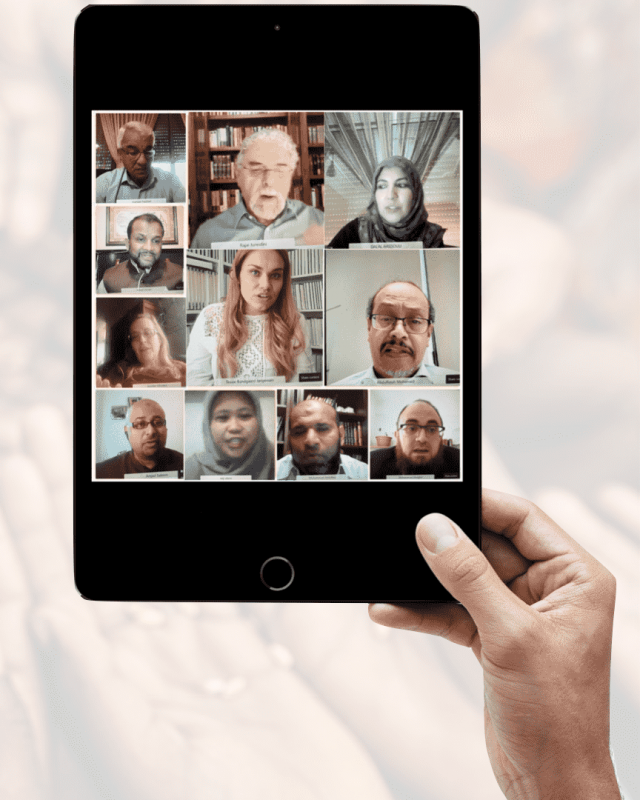
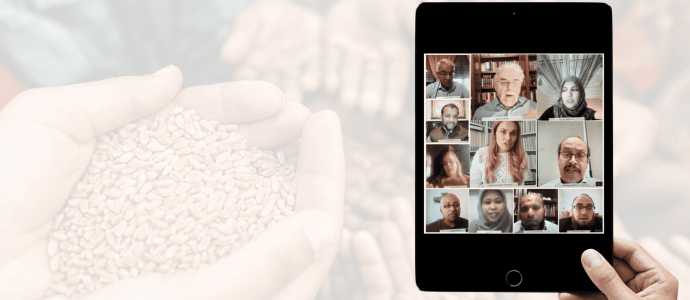
![[Booklet] Food Security and Islamic Ethics: Human Rights, State Policies and Vulnerable Groups](/sites/default/files/styles/grid_layout_image/public/resources/images/CILE%20Seminar%20Food.png?h=2d1ece2f&itok=lz6K5hll)
![[Booklet] Food Security and Islamic Ethics: Human Rights, State Policies and Vulnerable Groups](/sites/default/files/styles/home_block_image/public/resources/images/CILE%20Seminar%20Food.png?itok=X_hZoYZH)


